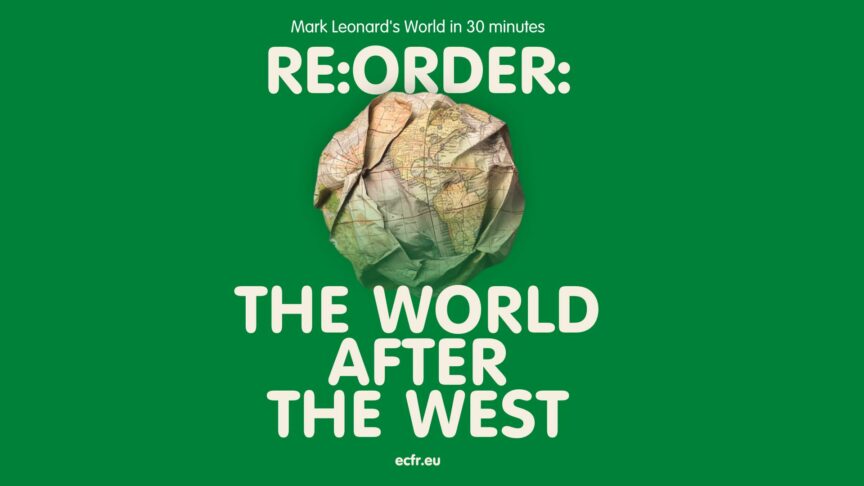The election of President Ebrahim Raisi and the future of Iran
Does the election of Raisi represent a significant change of direction following the term of President Rouhani?
To load the audio player provided by Soundcloud, click the button below. This means Soundcloud will receive technical data about your device or browser, as well as information about your visit on this page. Soundcloud may use cookies and may transfer your data to servers outside the EU, where the level of data protection may not be equivalent to that in the EU. For more information visit our privacy policy.
After an election which saw the lowest turnout and highest number of spoiled ballots in the history of the Islamic Republic, the ultraconservative regime veteran Ebrahim Raisi was elected as the newest president of Iran. Does the election of Raisi represent a significant change of direction following the term of President Rouhani? Could unified hardliner control of Iran paradoxically lead to a more durable nuclear deal and greater dialogue with regional adversaries such as Saudi Arabia? Will Raisi’s own human rights record prove a barrier to talks with Western powers?
To find out, this week’s host Anthony Dworkin, senior research fellow and acting research director at ECFR, talks to Narges Bajoghli, assistant professor of Middle East Studies at the School of Advanced International Studies (SAIS) at Johns Hopkins University, Esfandyar Batmanghelidj, founder and CEO of the Bourse & Bazaar Foundation and visiting fellow at ECFR, and Julien Barnes-Dacey, director of ECFR´s MENA programme.
This podcast was recorded on 23 June 2021.
Further Reading:
- Council of despair: Iran’s uncompetitive presidential election by Ali Reza Eshraghi
- A familiar victory: Iran’s divides under a new president by Ali Reza Eshraghi
- Four steps to support Europe-Iran trade under a revived JCPOA by Esfandyar Batmanghelidj



